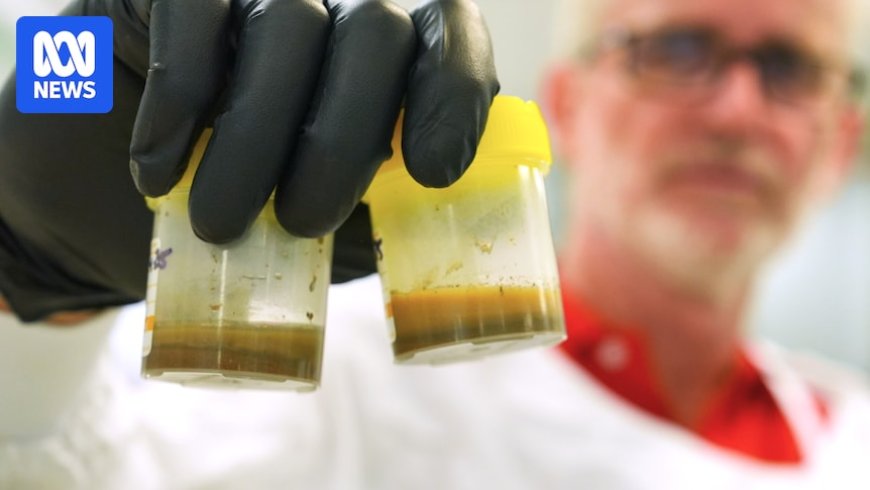Melioidosis Case Detected in Queensland with Two Recent Deaths
A new case of melioidosis, a potentially deadly disease, has been identified in Queensland. The disease is common in northern Australia, where the bacteria causing it can be found in soil and water. Outbreaks usually occur during the wet season or flooding. This year, Queensland has seen 236 cases of melioidosis, with 34 resulting in fatalities. Townsville houses the state's primary melioidosis lab. Recent data shows an increase in cases in Cairns and Townsville, with two deaths reported in the past week.

Another case of the potentially deadly disease melioidosis has been diagnosed in Queensland. Melioidosis is prevalent in northern Australia, where the bacteria that causes it can be found in soil and water. The bacteria can enter the body through cuts, inhalation, or drinking contaminated water. Outbreaks of the illness are often observed during the wet season or flooding. Above-average rainfall hit north Queensland at the start of the year and by May Townsville recorded its wettest year on record. This year 236 people have been diagnosed with melioidosis in Queensland. It is the worst year for melioidosis in Queensland since records began in 1981 — of those cases 34 have been fatal. Townsville is home to Queensland's leading melioidosis lab. Queensland Health said another case of melioidosis had been identified in the last seven days in the Cairns and Hinterland Health Service area. During the last week health authorities also found that two patients who contracted melioidosis in February and March had died as a result of the illness. Queensland Health data shows the 2025 melioidosis outbreak peaked in January. Since late April case numbers have not peaked above the five-year average. Most melioidosis cases this year were recorded in Cairns, where there were 123 patients, followed by Townsville, where 86 infections were recorded. Melioidosis is rare among healthy adults and children. The risk is greater for people with health conditions such as diabetes or cancer.
What's Your Reaction?
 Like
0
Like
0
 Dislike
0
Dislike
0
 Love
0
Love
0
 Funny
0
Funny
0
 Angry
0
Angry
0
 Sad
0
Sad
0
 Wow
0
Wow
0


















































































































































